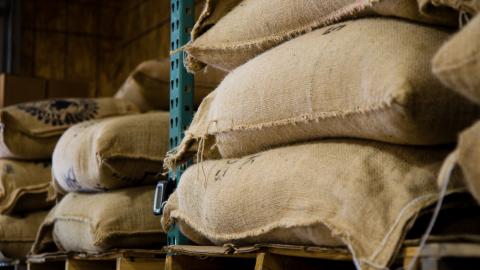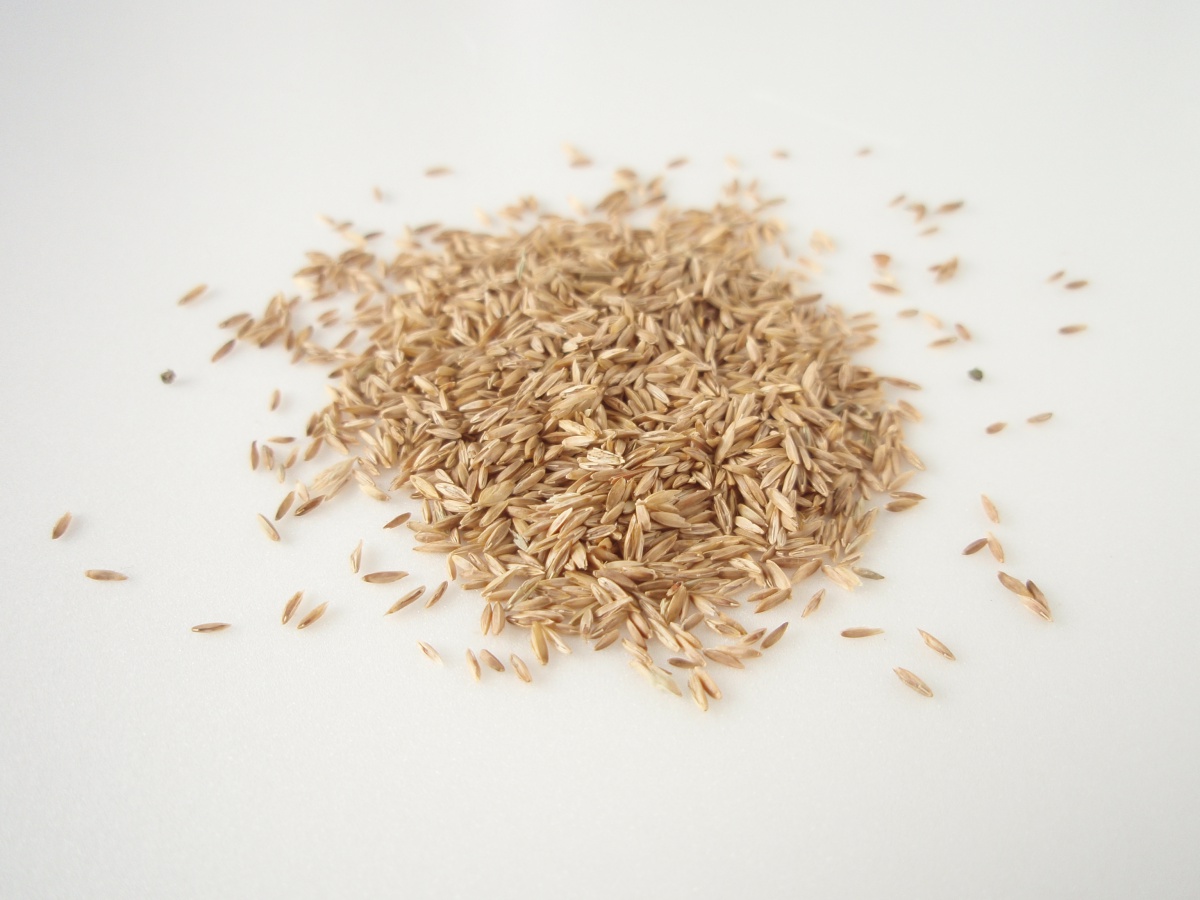Can I Save Unused Grass Seed for Next Year?

Saving grass seed from one year to the next isn't usually recommended, but it’s possible as long as you have reasonable expectations for how that seed will perform the following season. Like all seeds, the viability of grasses’ decreases the longer seeds are kept. Older seed is much less vigorous and is ultimately less likely to germinate. For best results when reseeding a lawn, it is always best to use new, high quality grass seed. However, if you do have some unused seed left over at the end of the season that you would like to save for over-seeding or small lawn repairs in the spring, pay close attention to how you store it.

How to Store Your Grass Seeds
The storage environment has everything to do with how long grass seed will remain viable. Seeds last the longest when they are kept under consistently cool and dry conditions. When considering where to store grass seed, it is essential to make note of the temperature and relative humidity of the storage area. Ideally, the sum of the relative humidity and temperature should not exceed 100. For example, if the air temperature is 50°F, then the relative humidity should not top 50 percent. If you do not have a hygrometer/thermometer to measure humidity and temperature, simply settle for a cool, dry place free from major temperature fluctuations. Seeds readily absorb and release moisture to be at equilibrium with the surrounding air. Seed that is too moist is likely to develop fungal decay.
Protecting Your Seeds From Pests
Also be mindful of the fact that rodents love to eat grass seed. It’s not uncommon to pick up an old bag of grass seed in the spring, only to have it spill all over the floor from mouse-chewed holes. If rodents are a known issue in your storage area (or even if they aren’t), it’s never a bad idea to place seed bags in tightly sealed containers such as galvanized trash cans.
Got questions? The Ask UNH Extension Infoline offers practical help finding answers for your home, yard, and garden questions. Call toll free at 1-877-398-4769, Monday to Friday, 9 a.m. to 2 p.m., or e-mail us at answers@unh.edu.
Related Resource(s)
Do you love learning about stuff like this?
SUBSCRIBE TO Granite State Gardening newsletter
Got questions? The UNH Extension Yard and Garden Infoline offers practical help finding answers for your yard and garden questions.
Call toll free at 1-877-398-4769, Monday to Friday, 9 a.m. to 2 p.m., or fill out webform.
